The Library Book
“The Library Book” by Susan Orlean unfolds not just as an exploration of a devastating fire that consumed part of the Los Angeles Public Library (LAPL) in 1986 but as a profound homage to the institution of libraries themselves. Orlean, an acclaimed journalist with The New Yorker and a bestselling author, delves into the enigmatic event with a detective’s precision and a storyteller’s flair, transforming what could have been a dry examination into a vibrant, multifaceted narrative.
At its core, the book investigates the fire that obliterated four hundred thousand books and damaged seven hundred thousand more, a catastrophe that commanded the attention of both the public and arson investigators. However, the strength of Orlean’s narrative lies not just in probing the details of the fire or presenting theories surrounding its origin but in her ability to contextualize this event within the larger tapestry of library history and its cultural implications.
Orlean’s research is meticulous, and her narrative encompasses a rich tableau of historical figures, from the formidable Mary Foy—head of LAPL at the tender age of eighteen—to Charles Lummis, an eccentric adventurer striving to sculpt the LAPL into a world-renowned institution. These vivid biographical sketches serve to underscore the pivotal role libraries have played throughout history, not merely as repositories of books but as communal hubs essential to intellectual and civic life.
Beyond mere historical recount, Orlean imbues the narrative with personal reflections on her own experiences within libraries, imbuing the text with a warm, introspective quality that many readers will find endearing. Her narrative reaches out, inviting readers to reminisce about their individual interactions with libraries, thereby forging an emotional connection that deepens the impact of her investigations.
Perhaps the most compelling element of Orlean’s work is her discussion of the fire as a potential act of arson, which introduces a shadowy layer of mystery. Her profiles of Harry Peak, the actor suspected of setting the blaze, are drawn with a fine balance of skepticism and empathy, conveying the complexities of human nature while avoiding definitive judgment, which remains elusive due to the unresolved nature of the case.
“The Library Book” also functions on a meta-level as a passionate argument for the necessity of libraries, especially in today’s digital age. Orlean convincingly argues that libraries nurture the heart, mind, and soul of our country, providing essential services that go far beyond lending books.
Orlean’s style is engaging, and her use of language is precise, embodying the clarity and accessibility necessary for such a vast subject. Her synthesis of narrative and research exemplifies journalism that is both informative and evocative.
In conclusion, “The Library Book” is a masterful blend of investigative journalism, biography, and memoir. It impressively covers the fire’s details and its lasting impact but also celebrates an institution profoundly intertwined with the human experience. Susan Orlean’s book is a crucial reminder of how much libraries matter—both in their whisper-quiet rows of books and in their role as vibrant cultural institutions. This book is highly recommended for anyone who cherishes the enduring power and necessity of libraries.
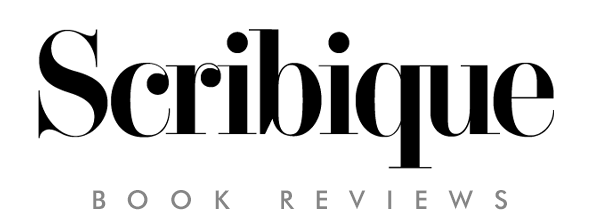
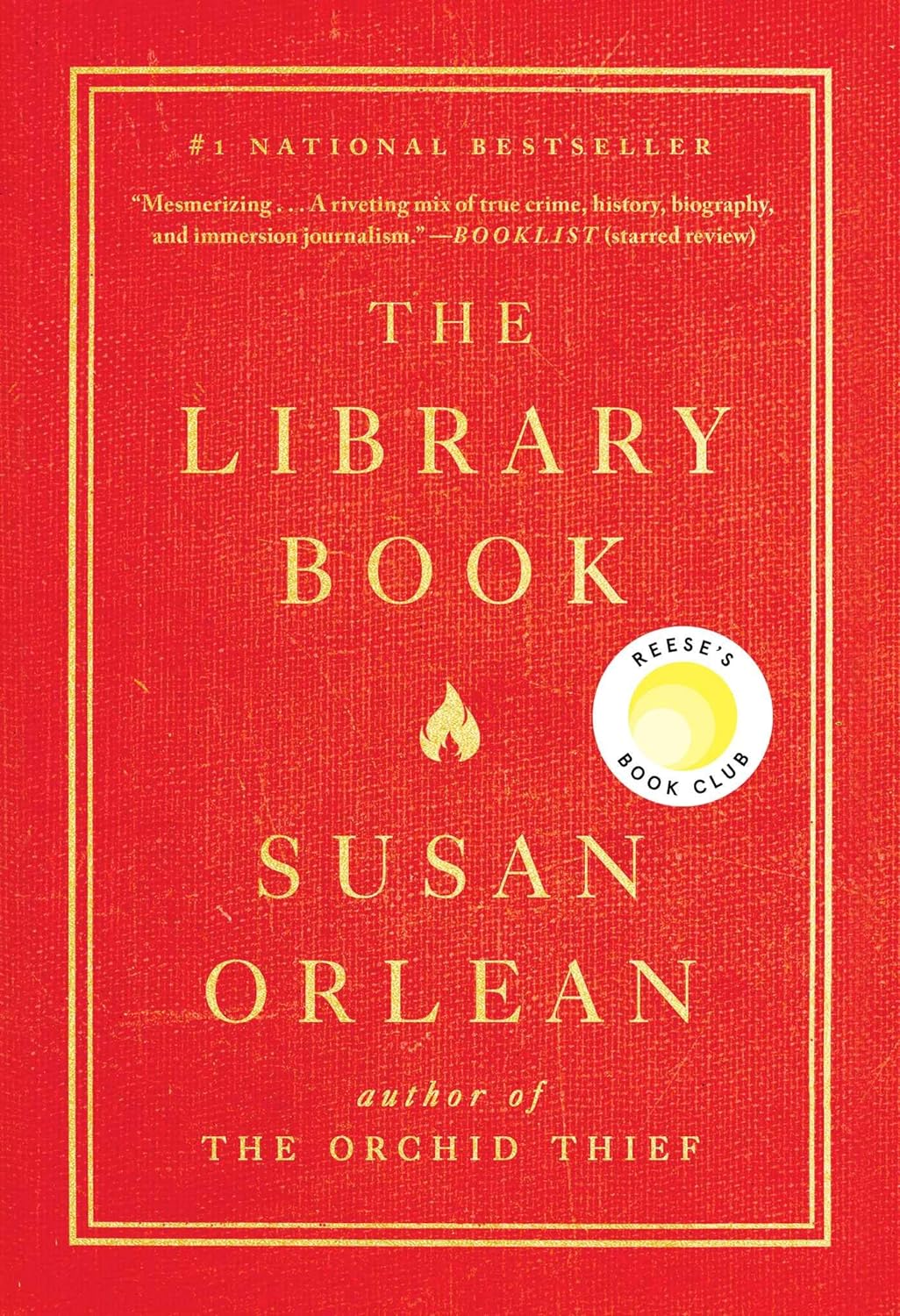
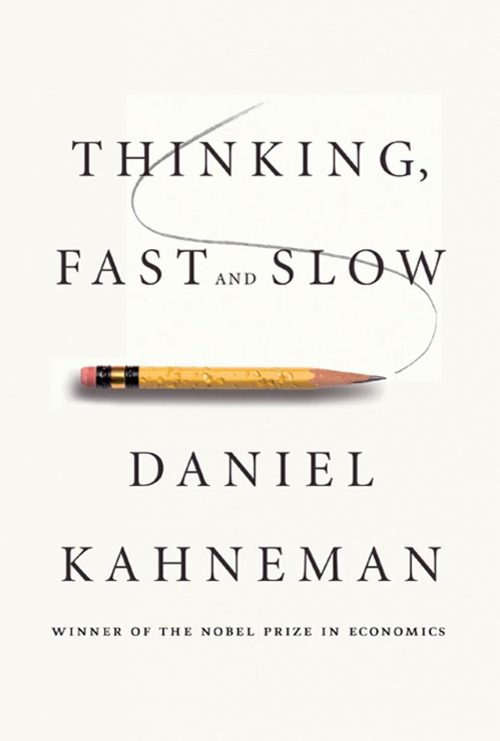
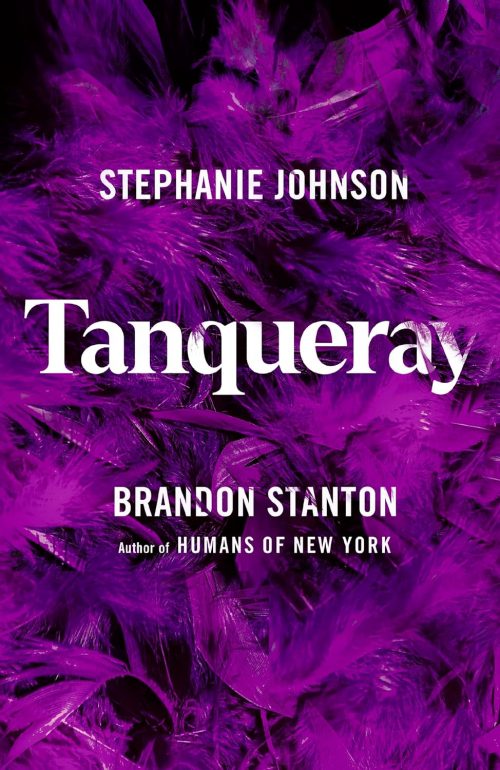

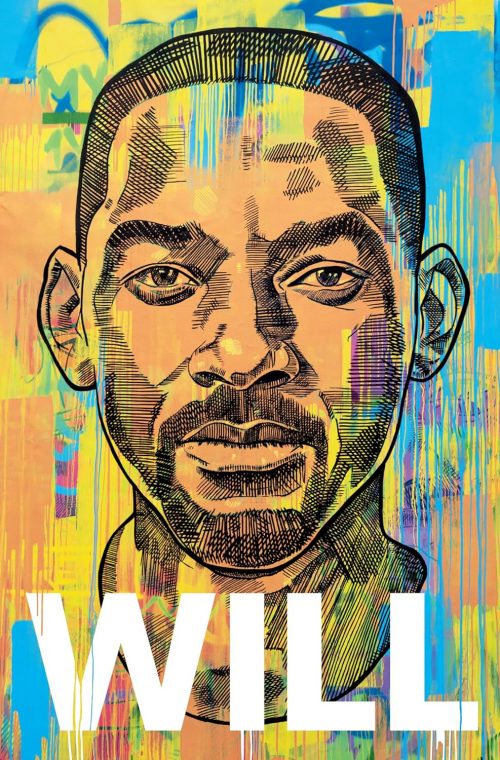
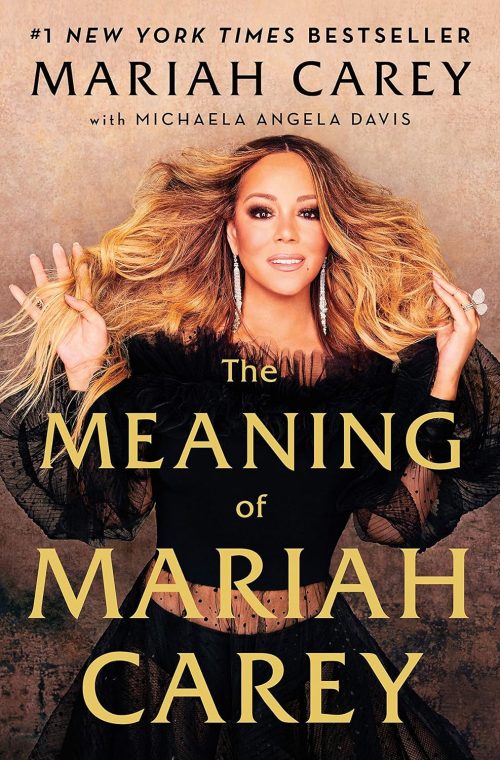
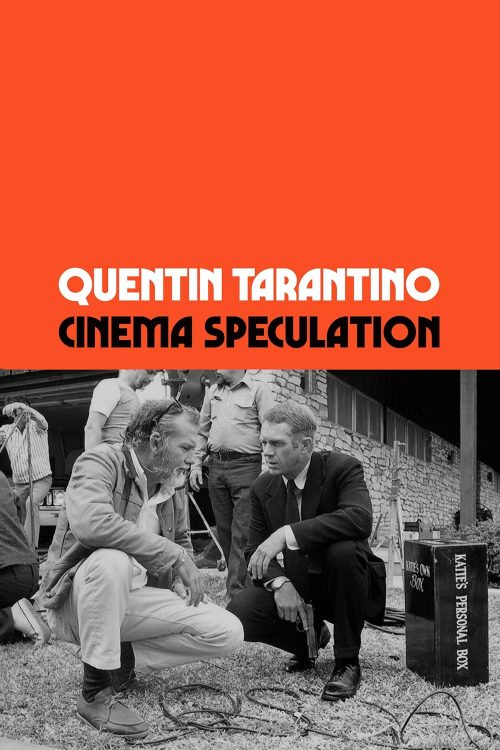

Reviews
There are no reviews yet.